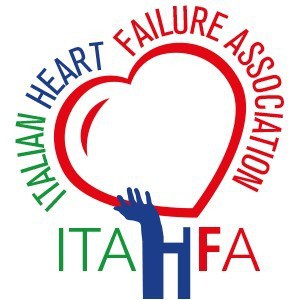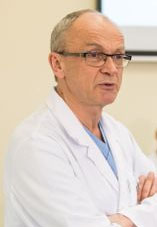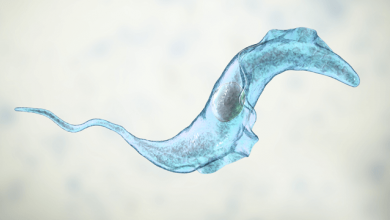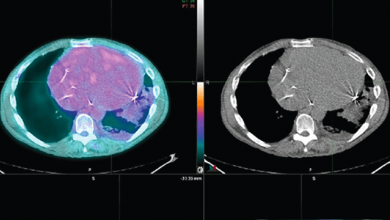Search results
Piotr Ponikowski
Research Area(s) / Expertise:
Author
Expertise
Author(s):
Maurizio Volterrani
,
Ferdinando Iellamo
Added:
3 years ago
Chronic heart failure (CHF) is a progressive disorder characterised by elevated cardiac filling pressures, reduced cardiac output and decreased oxygen delivery to the tissues.1 Activation of the sympathetic nervous system (SNS), along with activation of the renin–angiotensin–aldosterone system (RAAS), plays a fundamental role in the pathophysiology of CHF syndrome.2–5 Early in the course of heart…
View more
Author(s):
Ivan Milinkovic
,
Giuseppe Rosano
,
Yury Lopatin
,
et al
Added:
3 years ago
Chronic heart failure (HF), a complex and heterogeneous clinical syndrome, is a major cause of morbidity and mortality worldwide, and represents a major challenge to health care systems. The prevalence of HF and the number of hospitalisations is rising, even more in the ageing population.1 The direct costs of HF management reached 1–2 % of total health care expenditure and approximately two…
View more
Author(s):
Reinaldo B Bestetti
Added:
3 years ago
More than a century after its discovery, Chagas disease still is a major health problem in Latin America, with 5.7 million people in 21 countries being affected by it.1 Moreover, about 70 million people are at risk of acquiring the illness.1 Cases of Chagas disease are now found globally; there are more than 400,000 immigrants with this disease living in Europe (mainly in Spain, Italy and France)…
View more
Author(s):
Ali Vazir
,
Kostantinos Bronis
,
Simon G Pearse
Added:
3 years ago
Central sleep apnoea (CSA) is characterised by cycles of apnoea, hypopnoea and hyperpnoea during sleep due to abnormalities in the regulation of breathing within the respiratory centre in the brainstem. CSA, defined as an apnoea–hypopnoea index (AHI) of ≥15 events/h, is common in patients with heart failure (HF), with a prevalence of 20–45 %.1, 2 Its presence is reported to be a marker of…
View more
Author(s):
Peter Hanna
,
Kalyanam Shivkumar
,
Jeffrey L Ardell
Added:
3 years ago
Heart failure (HF) is associated with significant morbidity and mortality, and the burden of disease is rising.1 Despite improved survival – partly a result of advances in medical therapy, coronary interventions and ICD – the mortality rate remains high and relatively stagnant.2 Moreover, advanced HF is associated with impaired quality of life (QOL), which is reflected in the significant number…
View more
Author(s):
Mary-Tiffany Oduah
,
Varun Sundaram
,
Yogesh Reddy
Added:
1 year ago
Inotropes in Acute Heart Failure
Author(s):
Vasiliki Bistola
,
Angelos Arfaras-Melainis
,
Eftihia Polyzogopoulou
,
et al
Added:
3 years ago
Article
Author(s):
Anupam A Kumar
,
Lena E Tran
,
Aniket S Rali
,
et al
Added:
1 year ago
Author(s):
William T Abraham
,
Adam Pleister
,
Robin Germany
Added:
3 years ago
Central sleep apnoea (CSA) occurs in approximately one-third of patients with HF and is associated with a significant increase in morbidity and mortality compared to HF patients without CSA.1–3 CSA results in intermittent hypoxia and activation of the renin–angiotensin system, which contributes to worsening HF.4 Symptoms such as fatigue and difficulty concentrating often overlap with the effects…
View more















